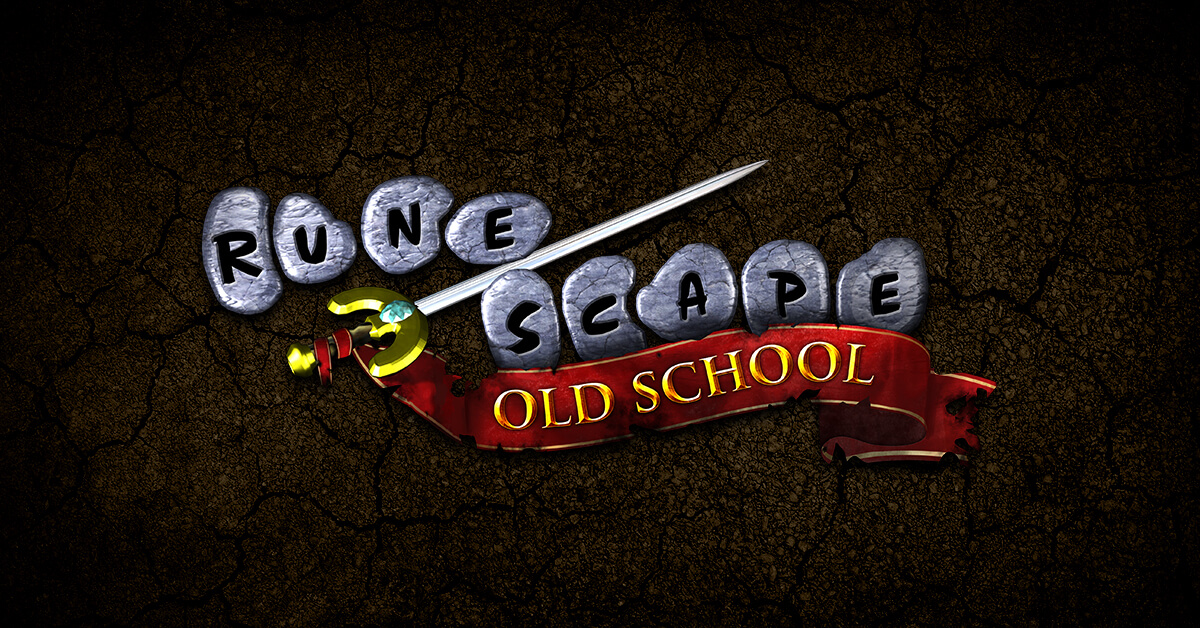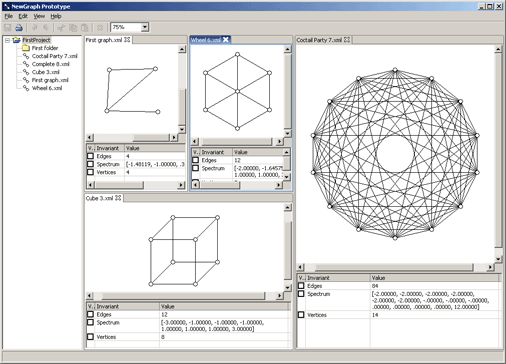Change to Required Java Version
Apr 17, 2019. After installing Java for macOS 2012-006, can I continue to use Apple's Java 6 alongside the macOS JDK for Java 13? If you want to continue to develop with Java 6 using command-line, then you can modify the startup script for your favorite command environment.

Some time ago, we announced that certain versions of Java will no longer be supported by RuneScape. From next week, this will come into effect and any players still using them will need to upgrade, or use our downloadable client.
The minimum version of Java required to run RuneScape will become 1.6, update 10.
We are making this change for a number of reasons:
- Older versions of Java lack many features we would like to make use of to improve RuneScape better graphics, sound and improved performance are areas we will be able to work on. You should immediately see improved performance if you update from older versions.
- Older versions of Java have many serious security flaws. We encourage you to upgrade to avoid these.
- It gives us many more options in the fight against bots.
- We are at the stage where very, very few of our users will be impacted by the change. Right now, fewer than 0.3% of our players still need to upgrade.
If you are still seeing the warning when you load RuneScape saying your version of Java is out of date, you have two options:
- Download and install the latest version of Java. This is a small, free, download available for all operating systems:
- Microsoft Windows: Visit www.java.com and follow the free download link to get the version appropriate for your version of Windows. If you wish to choose your version manually, you can use http://java.com/en/download/manual.jsp instead.
- Apple OSX 10.6 and above: Run your software update tool to update to the latest version of Java automatically.
- Linux: Visit http://java.com/en/download/manual.jsp to download packages for commonly used distributions. Alternatively, use the normal software update mechanism built into your distribution to get the latest version of Java.
- Download and install our own client. This is available here and works on Microsoft Windows and Mac OSX 10.6 and above.
As a result of the upgrade, the following operating systems will no longer be officially supported by RuneScape:
- Microsoft Windows 95
- Microsoft Windows 98
- Microsoft Windows ME
- Mac OSX 10.4
- Mac OSX 10.5 32bit If you have a 64bit version of OSX 10.5, please use our downloadable client.
Both of these version of OSX have been discontinued by Apple for a long time and unfortunately they no-longer provide new versions of Java for them.
At the same time, we will be removing the unsigned method of loading the game. Unsigned mode gives poor performance for players and is a confusing fall back for when the game crashes or suffers compatibility problems. Additionally, it holds back our ability to provide better graphics, sound and game play for the vast majority of players using the normal game client (more than 99.5% of our player base).
The easiest way to tell if you are using unsigned mode is how you are presented with a list of worlds to choose from. If your world list is presented in-game in the lobby interface, you are using signed RuneScape and nothing will change for you. However, if your world list is presented on the website (via http://www.runescape.com/slu.ws) then you are using unsigned mode. This web page will cease to exist after this update and you will have to switch to the signed version of the game. The easiest way to do this is to download and install our client here. If the downloadable client is not available in your region, then please follow the steps above to update to the latest version of Java.
If you have questions about or problems with the upgrade, please visit the technical support forum, or contact our Player Support team directly.
The RuneScape Team
Back to topThis topic includes the following sections:
System Requirements for Installing the JDK on macOS
The following are the system requirements for installing the JDK on macOS:
Runescape Mac Download
Any Intel-based computer running macOS.
Administrator privileges.
You cannot install Java for a single user. Installing the JDK on macOS is performed on a systemwide basis for all users. Administrator privileges are required to install the JDK on macOS.
Determining the Default JDK Version on macOS
.jpg/revision/latest?cb=20150328082144)
When starting a Java application through the command line, the system uses the default JDK.
You can determine which version of the JDK is the default by entering java -version in a Terminal window. If the installed version is 13 Interim 0, Update 0, and Patch 0, then you see a string that includes the text 13. For example:
To run a different version of Java, either specify the full path, or use the java_home tool. For example:
$ /usr/libexec/java_home -v 13 --exec javac -version
Installing the JDK on macOS
- Download the JDK
.dmgfile,jdk-13.interim.update.patch_osx-x64_bin.dmg.Before the file can be downloaded, you must accept the license agreement.
- From either the browser Downloads window or from the file browser, double-click the
.dmgfile to start it.A Finder window appears that contains an icon of an open box and the name of the.pkgfile. - Double-click the
JDK 13.pkgicon to start the installation application.The installation application displays the Introduction window. - Click Continue.
- Click Install. A window appears that displays the message: Installer is trying to install new software. Enter your password to allow this.
- Enter the Administrator user name and password and click Install Software.The software is installed and a confirmation window is displayed.

.dmg file if you want to save disk space. Uninstalling the JDK on macOS
You must have Administrator privileges.Note:
Do not attempt to uninstall Java by removing the Java tools from /usr/bin. This directory is part of the system software and any changes will be reset by Apple the next time that you perform an update of the OS.
- Go to
/Library/Java/JavaVirtualMachines. - Remove the directory whose name matches the following format by executing the
rmcommand as a root user or by using thesudotool:/Library/Java/JavaVirtualMachines/jdk-13.interim.update.patch.jdkFor example, to uninstall 13 Interim 0 Update 0 Patch 0:
$ rm -rf jdk-13.jdk
Installation FAQ on macOS Platform
This topic provides answers for the following frequently asked questions about installing JDK on macOS computers.
1. How do I find out which version of Java is the system default?
When you run a Java application from the command line, it uses the default JDK. If you do not develop Java applications, then you do not need to worry about this. See Determining the Default JDK Version on macOS.
Free Java Download For Mac
2. How do I uninstall Java?
See Uninstalling the JDK on macOS.
3. After installing Java for macOS 2012-006, can I continue to use Apple's Java 6 alongside the macOS JDK for Java 13?
If you want to continue to develop with Java 6 using command-line, then you can modify the startup script for your favorite command environment. For bash, use this:
$ export JAVA_HOME=`/usr/libexec/java_home -v 13`
Download Java Jre 6 For Mac
Some applications use /usr/bin/java to call Java. After installing Java for macOS 2012-006, /usr/bin/java will find the newest JDK installed, and will use that for all of the Java-related command-line tools in /usr/bin. You may need to modify those applications to find Java 6, or contact the developer for a newer version of the application.
Java For Runescape
4. What happened to the Java Preferences app in Application Utilities?
The Java Preferences app was part of the Apple Java installation and is not used by Oracle Java. Therefore, macOS releases from Apple that do not include Apple Java will not include Java Preferences.